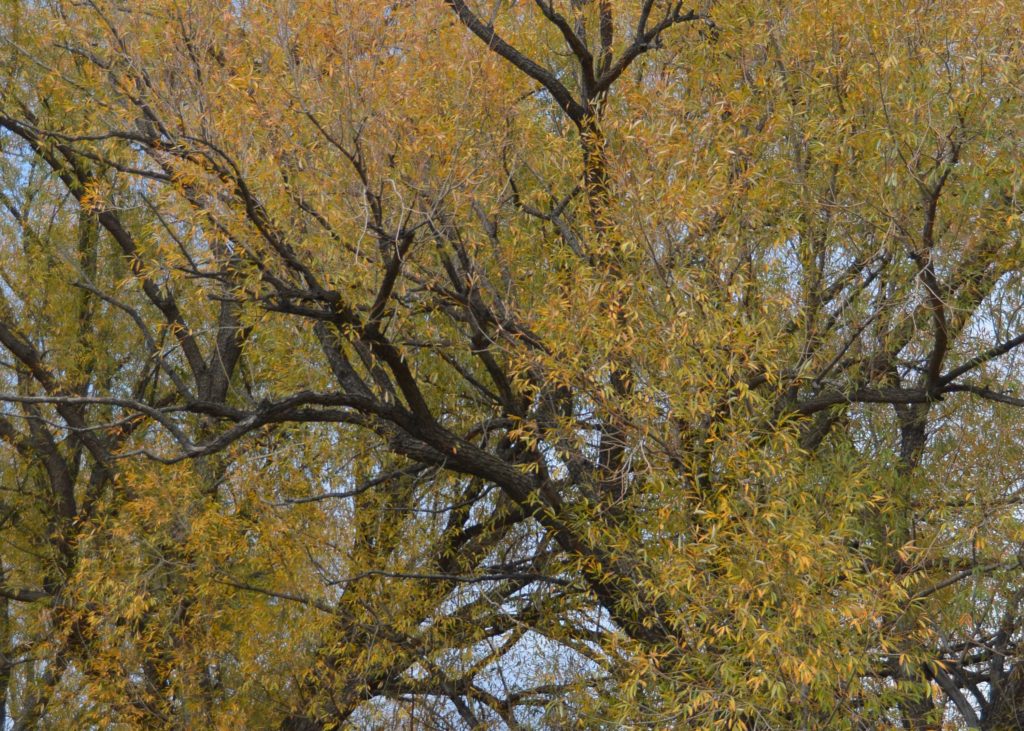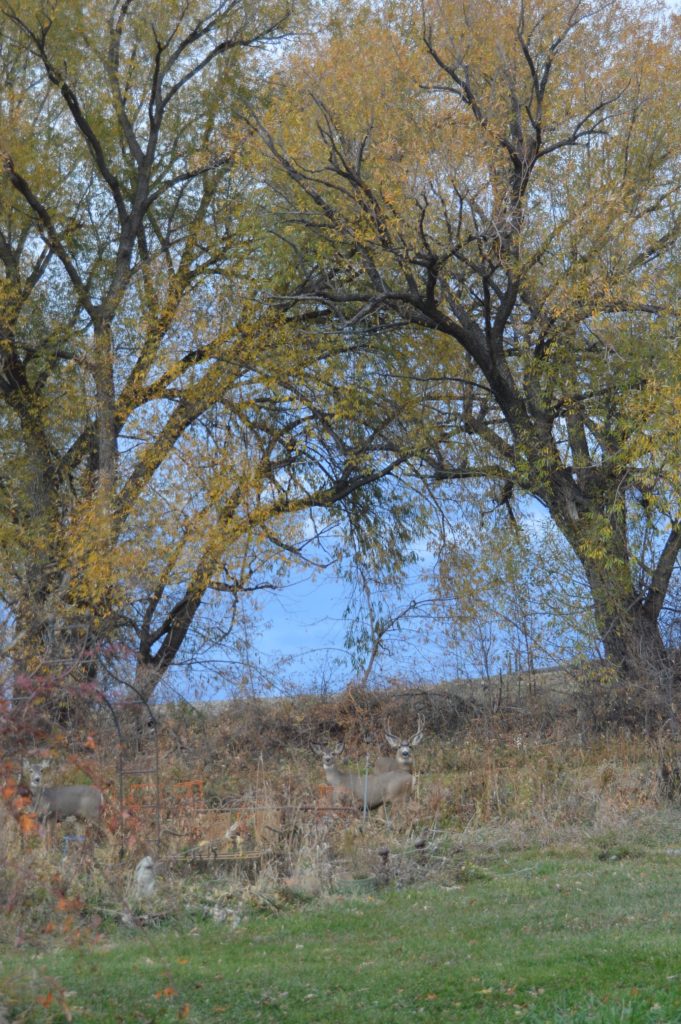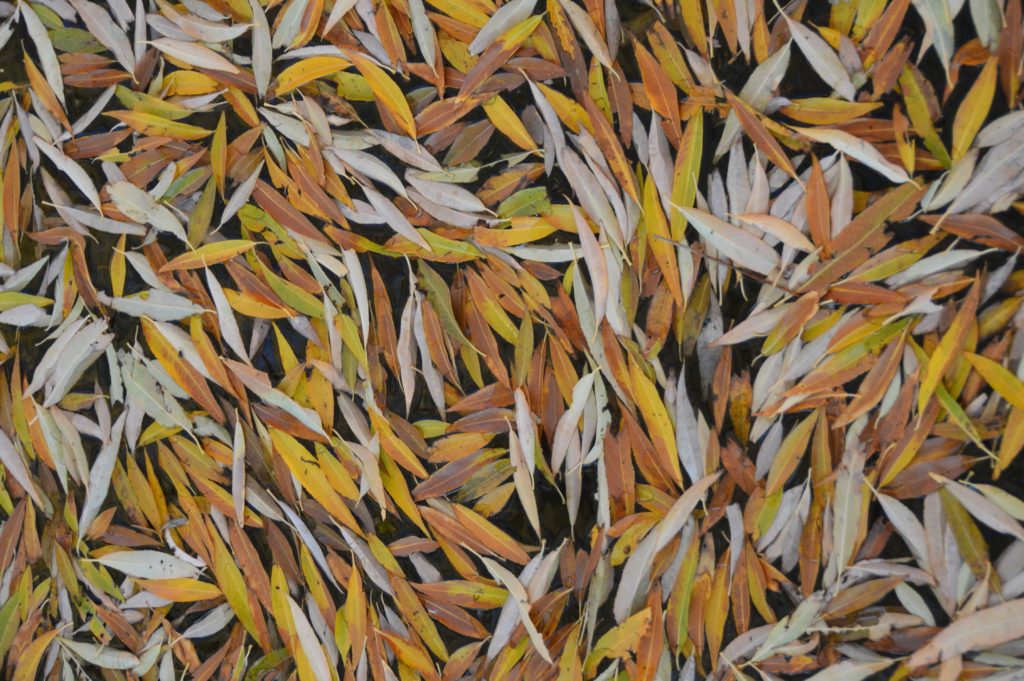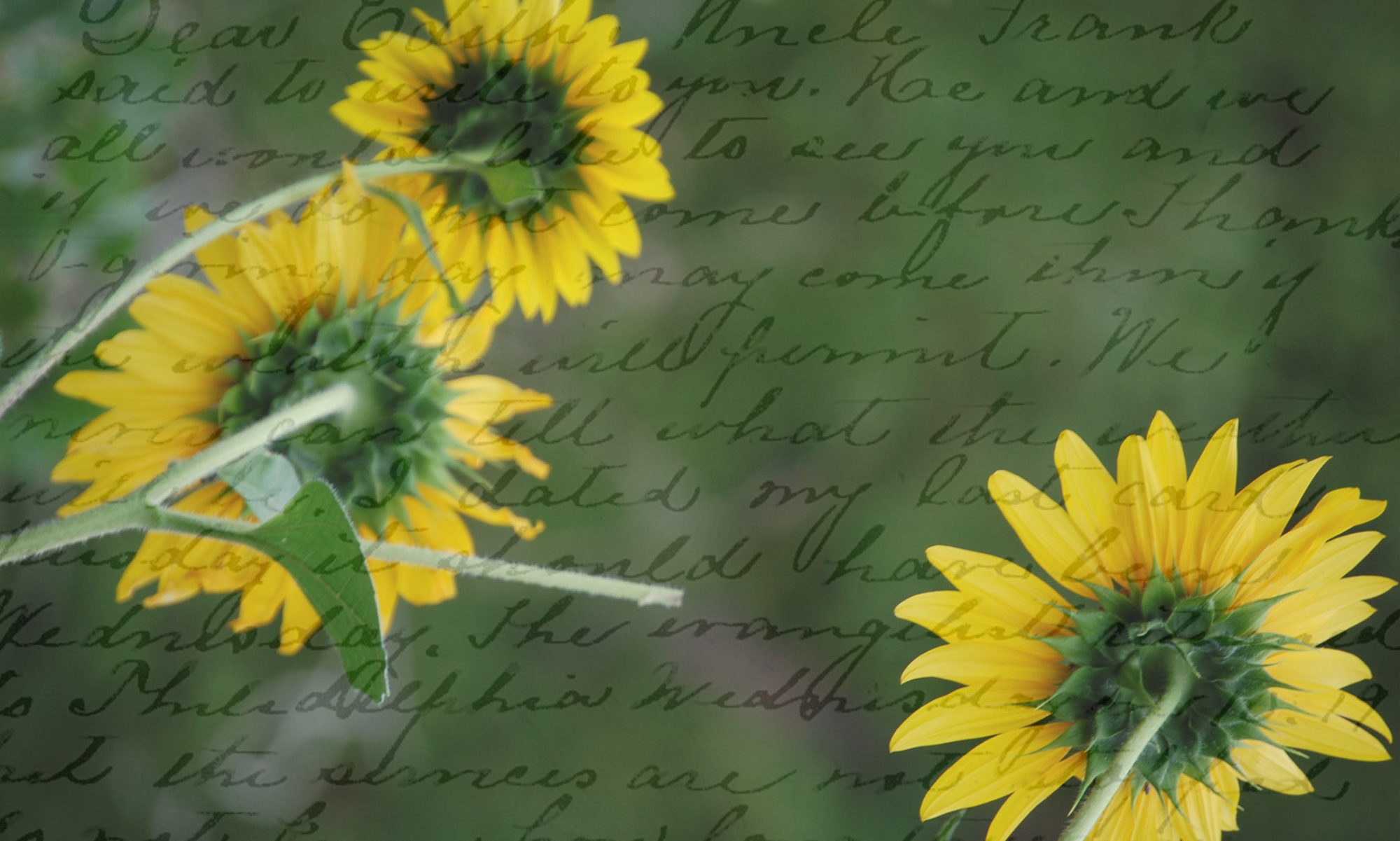
Autumn skies on our farm glow with the burnished leaves of cottonwoods, alders, and willows that provide refuge for the deer taking up residence here as winter approaches. Some over a century old along our irrigation ditches, these beautiful trees shelter squirrels, owls, red-tail hawks, and smaller birds of all kinds, as they also shelter us, creating the beneficial ecosystem in which we grow our food, find haven in our home, and thrive in the splendor of their exuberant growth.

In ecobiography, a sense of affiliation between cross-species inhabitants of shared or differing ecosystems can be called an “ecological kinship” in which connection to an aspect of the natural world imitates or even replaces the human bonds of family, friend, teacher, or mentor. Ecobiography can explore such kinship relations by considering mutual needs, common behaviors, reciprocal actions, and joint survival strategies that cross biological, geological, or geographical differences to create a union of diverse species.
In my latest essay, “Bones Beneath Bark: The Ecological Kinship of Trees and Humans” (featured here in Hawk and Handsaw: The Journal of Creative Sustainability), I discuss the importance of trees to human existence, particularly regarding health, and describe several of my own foundational experiences with trees. I hope you’ll read the essay here and view the wonderful photographs by internationally renowned photographer Joyce Tennyson with which it is paired.

Writing Exploration: I’ll explore the concept of ecological kinship in further blog posts, but, to start thinking about your own ecological kinships, write about an animal, plant, element, or landscape with which you feel a particularly deep or meaningful connection. What characteristics attract you to this non-human being or place? What role does it play in your life? What do you have in common? What differences must you cross to form a connection? How is reciprocity manifested between you? And how far would you go for this relationship not only to thrive, but survive?
